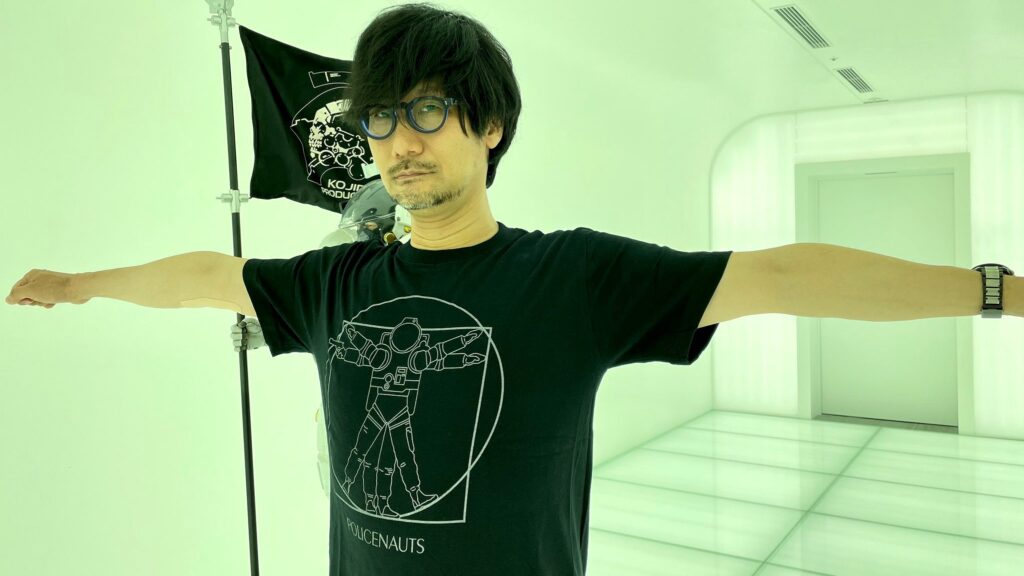Renowned game developer Hideo Kojima, known for his innovative storytelling and thought-provoking themes, has voiced concerns over the increasing influence of artificial intelligence on human decision-making. In a recent interview with Denfaminicogamer, Kojima expressed his apprehension about the potential for AI to lead individuals into “a predetermined lifestyle,” a sentiment that resonates with his latest game, Death Stranding 2: On The Beach, which was recently released on PlayStation 5.
Kojima’s critique of AI comes at a time when technology is deeply embedded in everyday life, a reality magnified by the COVID-19 pandemic. He argues that while technology, including the Internet, has been crucial for survival during the global lockdowns, there is a danger in becoming overly reliant on it. “I don’t feel like we should do without the Internet now,” Kojima stated, emphasizing the importance of using technology with caution.
AI and the Loss of Serendipity
In his interview, Kojima elaborated on his concern that AI could strip away the randomness that enriches human life. “I think ‘coincidences’ are necessary in human life,” he said. Kojima fears that by becoming too connected online, individuals might miss out on spontaneous experiences that contribute to personal growth and happiness.
His reflections draw parallels to George Orwell’s concept of “Newspeak,” where language is manipulated to control thought. Kojima suggests that AI’s pervasive presence could similarly limit human experiences and choices, leading to a homogenized existence.
The Role of AI in Modern Society
As AI continues to evolve, its role in society is a topic of intense debate. OpenAI co-founder Sam Altman recently highlighted AI’s growing influence by sharing that he relied on ChatGPT for parenting advice. While some see AI as a valuable tool, Kojima’s perspective raises questions about its long-term impact on human agency.
Experts in the field of AI ethics echo Kojima’s concerns. Dr. Jane Smith, a leading researcher in AI ethics, notes, “The integration of AI into daily life brings both opportunities and challenges. It’s crucial that we maintain a balance to ensure technology enhances rather than dictates our lives.”
Kojima’s Vision for the Future
Kojima’s latest game, Death Stranding 2, serves as a narrative exploration of these themes. He encourages players to reflect on their relationship with technology and make conscious choices about how they use it. “It’s a ‘choice’ of how you want to live your life using this technology,” he stated, underscoring the importance of personal autonomy.
His critique extends to the portrayal of experiences in virtual environments, such as the metaverse. Kojima contrasts virtual travel to Hawaii with the tangible experiences of physical travel, highlighting the sensory richness that can only be captured in real life. “You can go to Hawaii in the metaverse, but it’s completely different when you actually go there,” he explained, emphasizing the value of real-world adventures.
Looking Ahead
As technology continues to advance, Kojima’s insights serve as a reminder of the need to navigate this landscape thoughtfully. His call for a balanced approach to technology use is particularly relevant as society grapples with the implications of AI and digital connectivity.
While Kojima remains a master of both game development and self-promotion, his reflections on AI and human connection offer valuable perspectives in an increasingly digital world. As players immerse themselves in Death Stranding 2, they are invited to consider their own choices and the role technology plays in shaping their lives.
